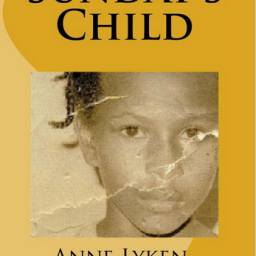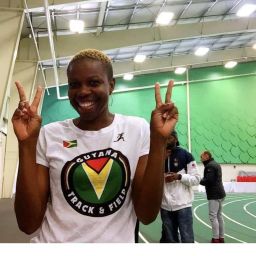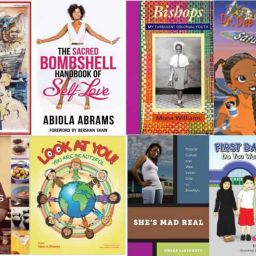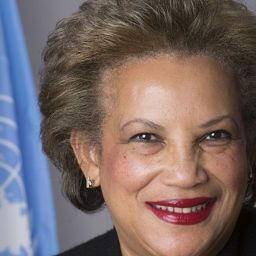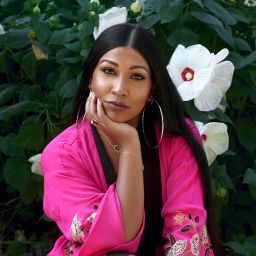Originally reported by Jerry Bembry – The Undefeated
As Sachia Vickery prepares for Wimbledon in this, the breakthrough year of her career, she’s asked about the lowest moment she faced to get here.
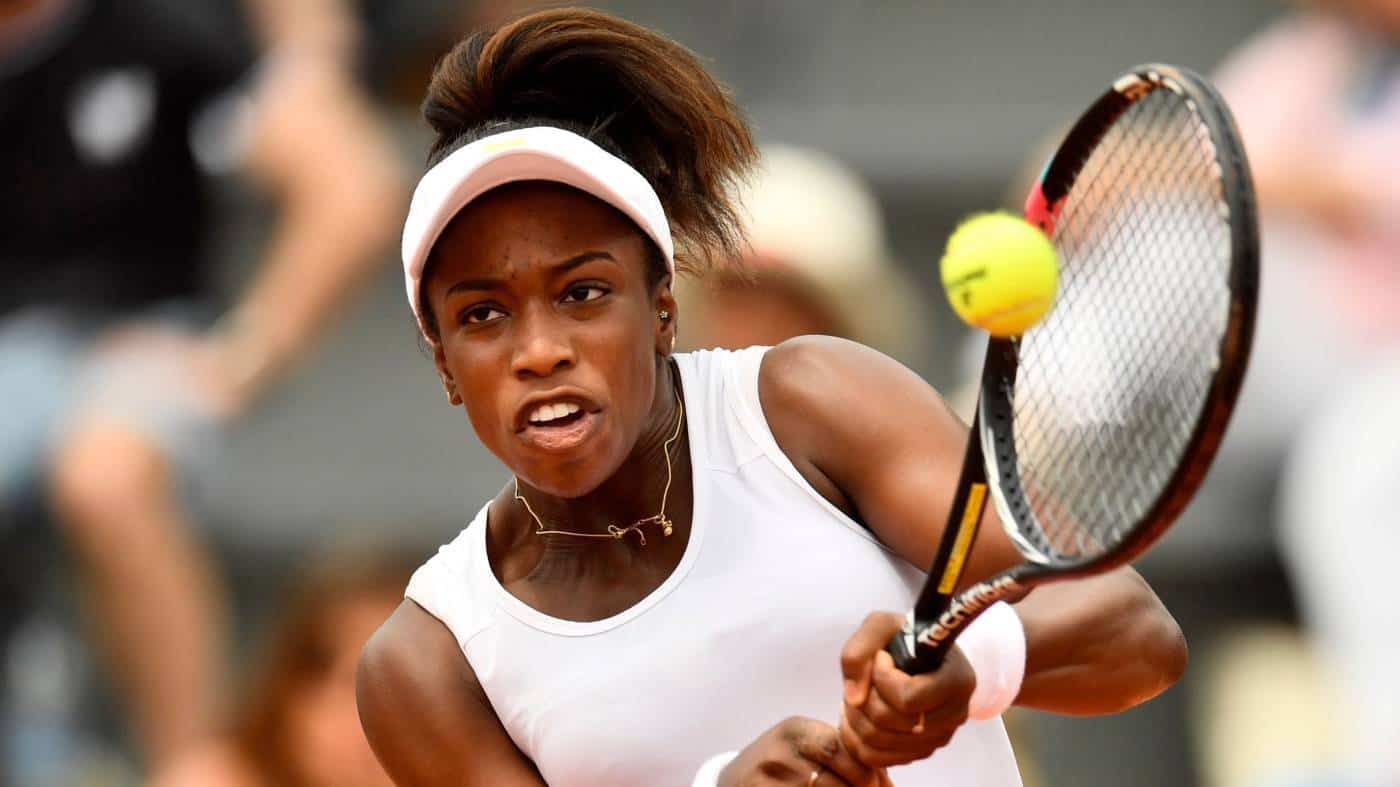
For Vickery, the 23-year-old from Miramar, Florida, there are many from which to choose.
Maybe it’s the hotel room she stayed at during an International Tennis Federation (ITF) stop early in her career in Europe, where the lack of a bathroom drain in the older structure resulted in the entire room flooding each time she took a shower. “One of the worst experiences of my life,” Vickery said. “And, by far, the worst hotel room I’ve ever stayed in.”
Or maybe that 2013 Innisbrook event near Tampa, Florida, when Vickery, then 18, found herself crammed in a room with five other girls in a money-saving move. “That’s the only affordable option I had that week,” said Vickery, who won five matches before losing in the semifinals. “At least as girls lost, the numbers in the room got better.”
Or, perhaps, the time spent away from family and friends as she traveled, for as many as 35 weeks a year, while attempting to live up to the early comparisons to Serena Williams. “Not seeing my family and missing out on what was going on at home was hard,” Vickery said. “But I had to remind myself that I was getting a chance to see the world at a young age, and that I had goals that I wanted to achieve.”
Vickery has yet to arrive at the place she wants to be.
But, over the course of the last year, she’s made huge progress as she attempts to join the Williams sisters (Venus and Serena), Sloane Stephens and Madison Keys as a prominent African-American woman in tennis.
After ending 2017 ranked No. 116 in the world, Vickery began the year with what was at the time the best week of tennis in her career. After winning three qualifying matches to reach the main draw of the ASB Classic in Auckland, New Zealand, Vickery beat the No. 5 seed (Lauren Davis) and No. 4 seed (Agnieszka Radwanska in straight sets before losing to Caroline Wozniacki, the 2018 Australian Open champion, in the semifinals.
That run in Auckland elevated Vickery just outside the top 100 (No. 105) and began a momentum shift that leads her this week to play in the second Wimbledon tournament main draw of her six-year career. Vickery, the No. 83 player in the world, will face Markéta Vondroušová (of the Czech Republic, ranked No. 106) in an opening-round match on Tuesday.
For the Florida-born Vickery (her parents are from Guyana), this has been the best year of her career. Two months after her impressive showing in Auckland, Vickery earned the signature win of her career by beating Garbine Muguruza, the No. 3 player in the world, in three sets in the BNP Paribas Open.
She concluded that stunning victory with the Wakanda salute, an action Vickery had doubts she’d be able to attempt, as she had never beaten a top-10 opponent.
“I beat [Eugenie] Bouchard in the first round, and my brother told me to do it if I won the next match,” Vickery said.
She agreed, then realized who she was playing.
“I don’t think he knew I was playing No. 3 in the world,” she said, laughing. “I didn’t know I would get the chance, but as soon as the match finished I looked over to him and was like, ‘This is my moment.’ ”
Vickery posted the video on Twitter and Instagram, which exposed her to a new following of fans — many of whom had never heard of her.
“Chadwick Boseman liked my post, and Letitia Wright inboxed me,” Vickery said of the star of Black Panther and the Guyana-born actress who played his sister, Shuri, in the blockbuster movie. “It blew up a lot bigger than I expected it would, and that made me happy that doing it had some sort of impact.”
Beyond the gesture that made her a social media star, the win over Muguruza gave Vickery confidence that she could live up to the potential of the young phenom who was predicted to be a tennis star when she was the No. 2 ranked 12-year-old player in the United States, hype that only increased as she won the USTA Girls’ 18s National Championship in 2013 (which earned her a trip to her first Grand Slam Event, the 2013 US Open).
“Playing the match of my life and beating Muguruza on center court with so many people watching, that was special,” Vickery said. “That was my moment to finally show everyone that I can play.”
Vickery didn’t get a chance to follow up with another Wakanda salute at Indian Wells, as she lost in the next round to the tournament’s eventual champion, Naomi Osaka.
But she cracked the top 100 after Indian Wells (she was ranked 89 on March 19) and has stayed there since then.
“I was stuck for a while at that 150 kind of ranking for a few years, so it’s definitely a big hurdle for me to get a break into the top hundred,” Vickery said. “That had been a goal of mine for a long time, and it was just nice to get over that hump and allow me some breathing room financially.”
Vickery, who once worked with the Williams sisters’ father, Richard, for a summer, spent a lot of years sweating her finances while grinding it out every week in tournaments that paid little if one didn’t advance. The $530 she received after her qualifying match in a tournament in Prague last year didn’t cover her airfare or accommodations, but at least it nearly doubled the $228 she made the year before at a 2016 ITF event in Landisville, Pennsylvania.
“At that point, everything you make goes right back into your career,” Vickery said. “Staying four or five girls in a room at tournaments was tough. But when I finally got some breathing room, I was able to hire a proper team that has made things a lot easier.”
Like a coach and a trainer, and being able to afford to pay for their travel to some trips, which is a given for most established players on tour but wasn’t a luxury for Vickery until a year ago. The old adage “you have to spend money to make money” has proven true.
“My results started to build after hiring my new coach and trainer last year,” Vickery said. “It was a huge step for me financially once I started playing in the big tournaments, which gave an opportunity to have them travel.”
Here’s how playing in those bigger tournaments makes ends meet. Just by playing a first-round match (a loss to Keys) at last month’s French Open, Vickery earned $47,049.
In advancing to the round of 32 at Indian Wells, she earned $47,170.
Grand Slam tournaments mean big checks just by making an appearance. And so do events rated just below Grand Slams, if the player is able to advance.
Vickery, ranked outside the top 100 going into Indian Wells, had to play and win qualifiers to reach the main draw and a piece of $7.9 million in prize money.
Vickery, now ranked inside the top 100, earned main draw spots at the French Open and Wimbledon (where a first-round appearance is worth $45,542).
The reason she’s on pace for a career year in earnings: Vickery is playing in the main draw of two Grand Slam events in the same year for the first time in her career.
Vickery has earned $147,172 this year. She’ll earn at least $45,000 by playing her first match this week at Wimbledon (and more if she advances), which will push her past the $166,186 she made on tour last year.
To be on solid financial ground playing tennis — after years of struggles that put a burden on her mother, who sank her earnings as a paralegal, flight attendant and bartender into her daughter’s career — has made the sacrifices Vickery has made in her young life worthwhile.
“I never went to college like my brother. I didn’t see my family a lot because I was traveling [most] of the year, and that’s a difficult dynamic when you’re younger,” Vickery said. “It forces you to grow up quickly, and to make decisions on your own, but it’s definitely rewarding when you start to approach the levels you always wanted to reach.”
And where does she want to be?
To be considered in the same conversation as Stephens (No. 4 in the world, and the 2017 US Open champion and 2018 French Open runner-up), Keys (No. 11 in the world and the 2017 US Open runner-up) and the legendary Williams sisters.
“I’m friendly with Sloane,” Vickery said. “And when I trained with Richard Williams when I was 9, I got a chance to see Venus and Serena practice. So I’ve gotten a ton of advice and encouraging words from them over the years.”
Vickery, whose biggest obstacle this year has been racist trolls on social media, understands status will come with victories. She has three ITF career titles, but none on the WTA circuit.
Beating the No. 3 player in the world earlier this year has Vickery confident she’ll soon break through.
She really wants to put in the past those stressful days of needing to win qualifier matches to earn a spot in a Grand Slam.
“The tour can be really tough. And believe me, I know, because I’ve played in a lot of lower-level tournaments,” Vickery said. “What I’ve been able to do so far this year is unbelievable. I just want to keep it going.”
Jerry Bembry is a senior writer at The Undefeated. His bucket list items include being serenaded by Lizz Wright, and watching the Knicks play an NBA game in June.



